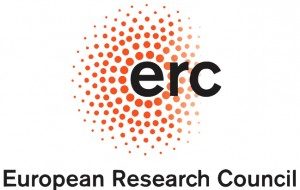About
Sumoylation of proteins has emerged as a central regulatory mechanism influencing a wide range of cellular processes and is notably a key pathway facilitating cellular response to stress. Gene expression appears to be particularly regulated by sumoylation as many known SUMO substrates are transcription factors and cofactors. Moreover, key chromatin proteins, including the core histones, figure among the SUMO targets. The emerging paradigm for this work is that sumoylation controls multiple aspects of chromatin structure and that sumoylated proteins are principal and instructive components of a dynamic chromatin scaffold that can respond to external cues. According to this view, sumoylation is expected to impact both global and specific transcriptional programs thereby affecting constitutive and inducible gene expression.
The goal of this project is to define the role of sumoylation-mediated gene control in stress response and to analyze the impact of dysregulation of this pathway in inflammation and cancer with a primary focus on the intestinal tract. Our specific aims are to 1) Identify stress-regulated molecular players of the SUMO pathway, 2) Define the genome-wide organization of the SUMO chromatin landscape and its plasticity upon stress, 3) Probe the role of sumoylation in normal and pathological inflammatory response with an emphasis on acute and chronic colitis, 4) Explore the possible implication of the SUMO pathway in colon cancer.






